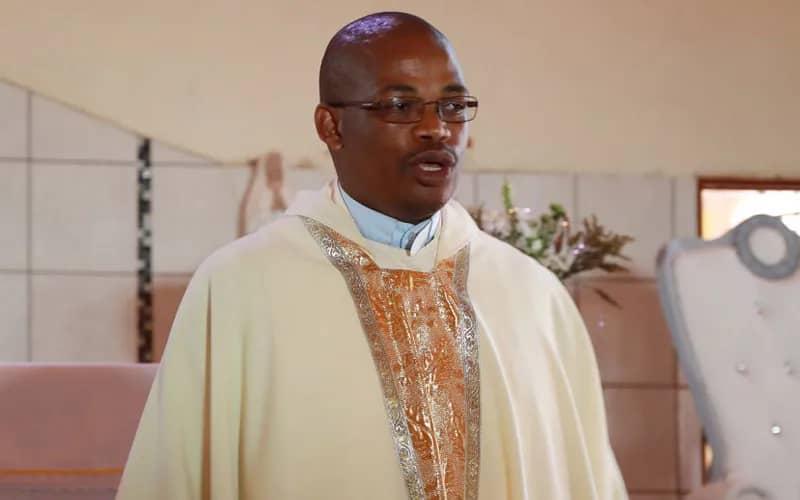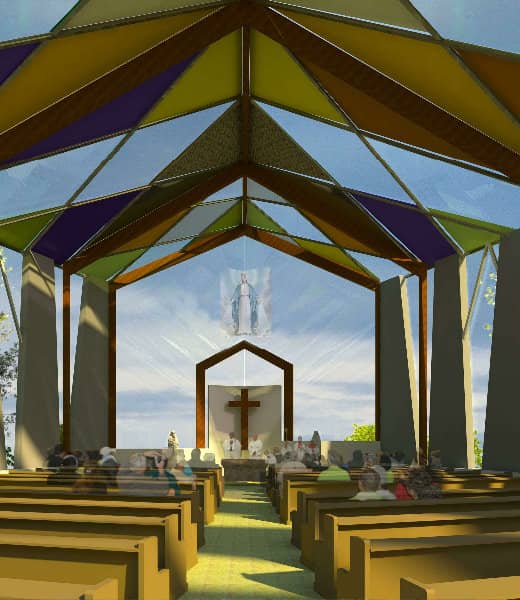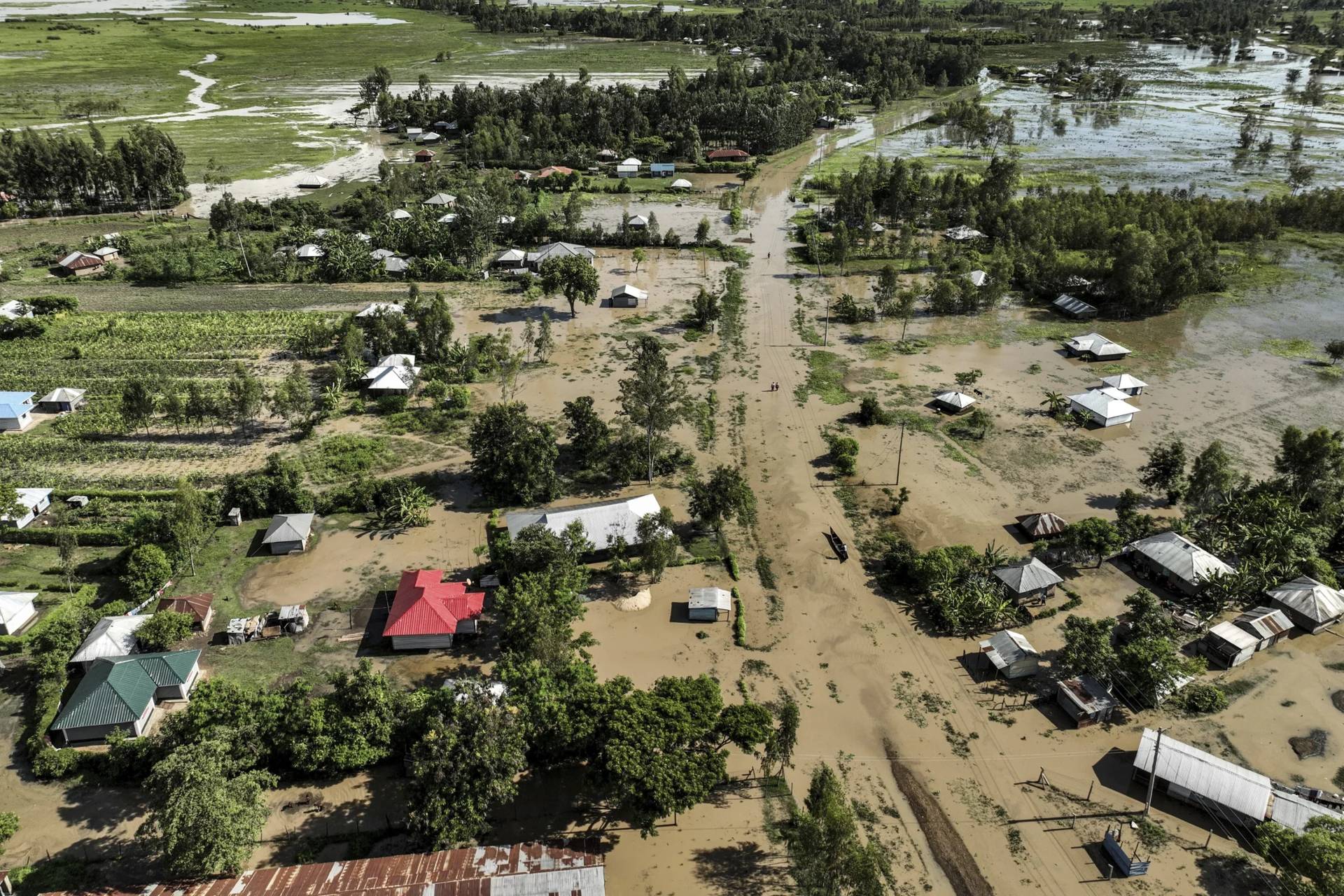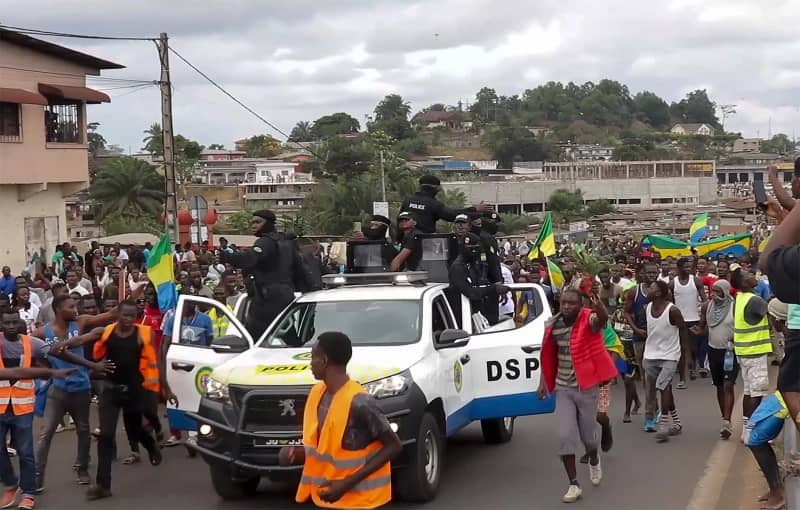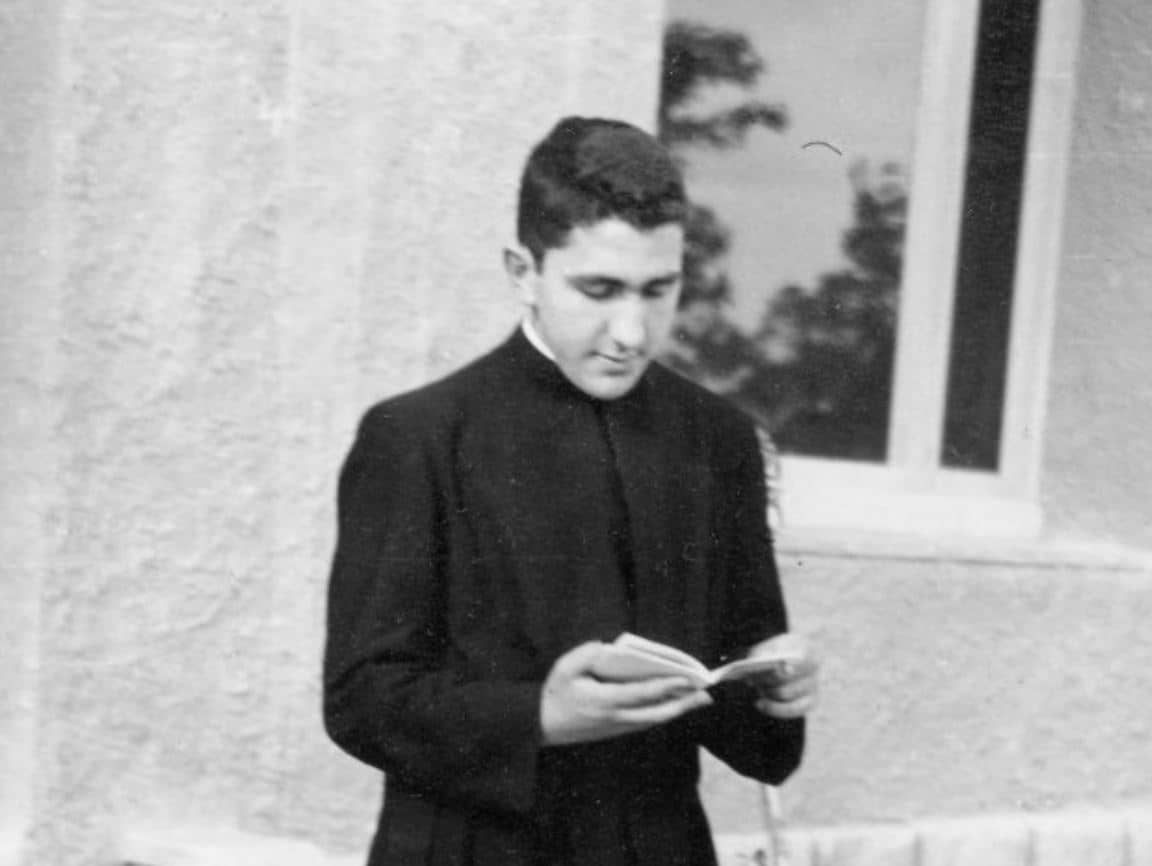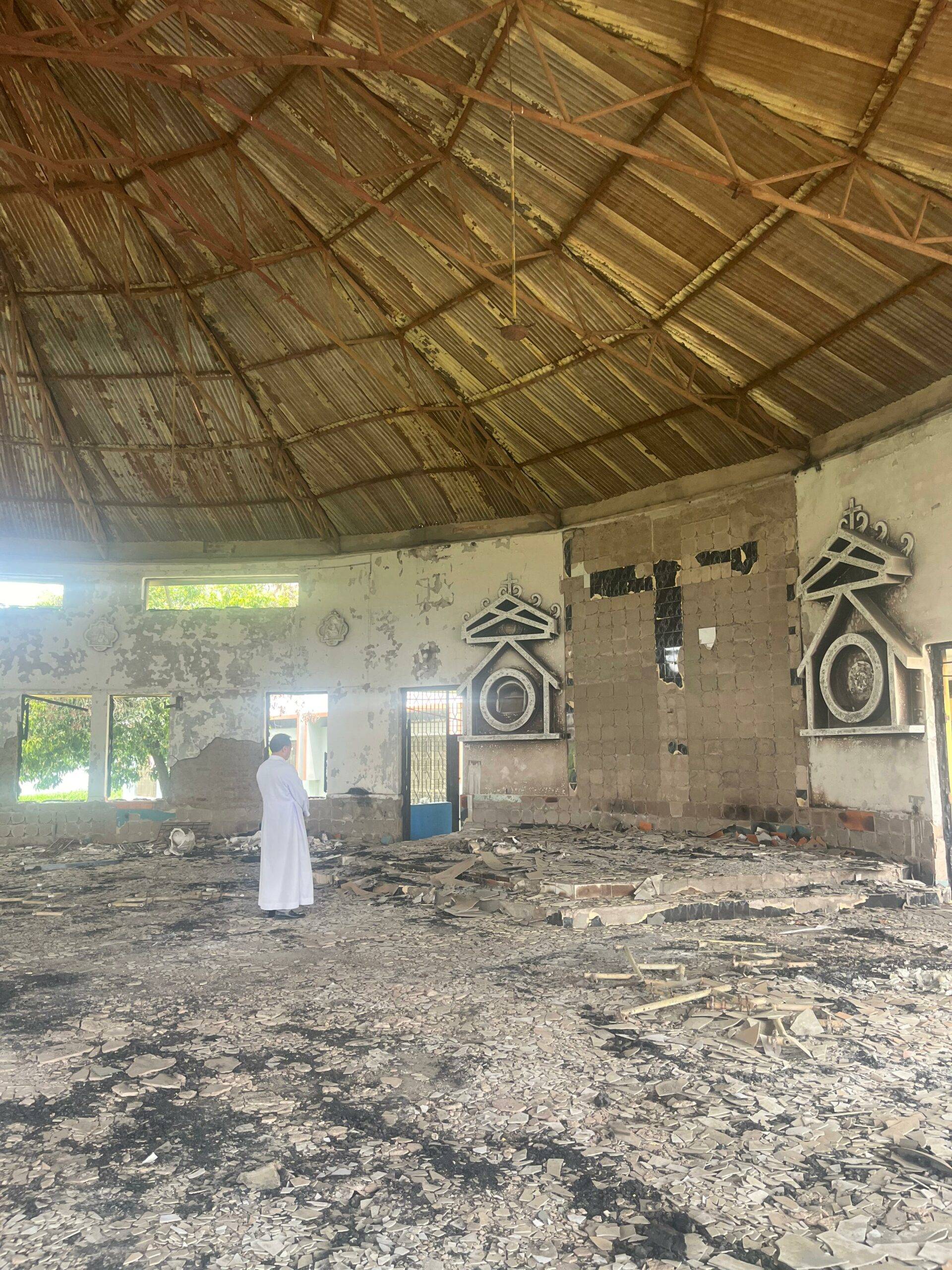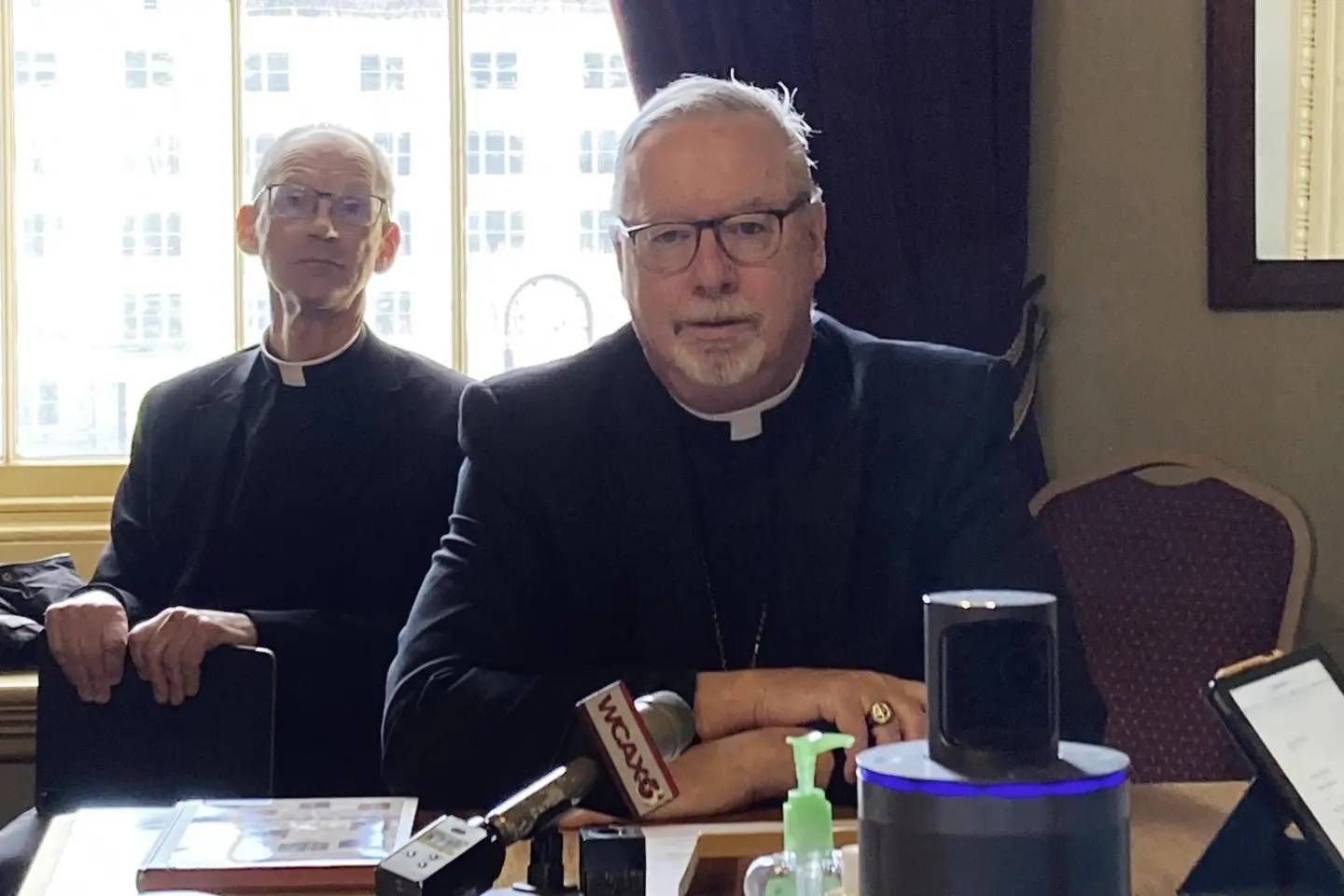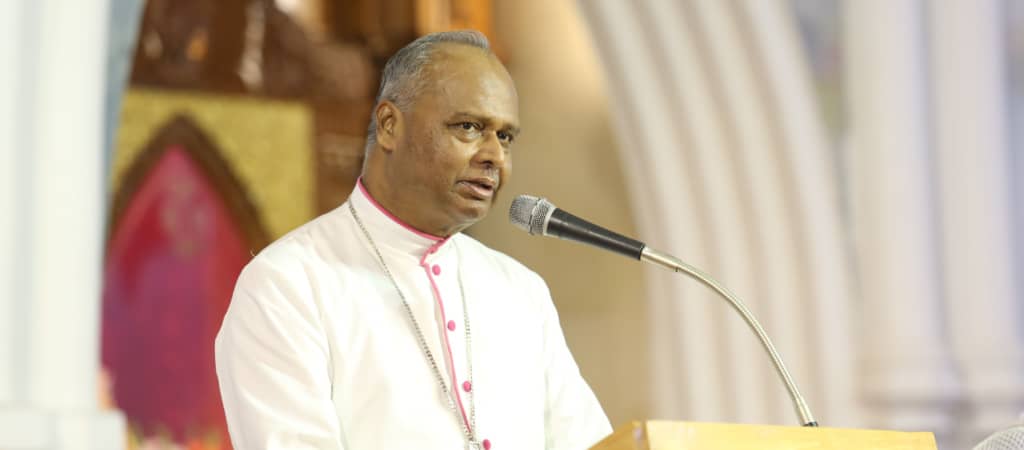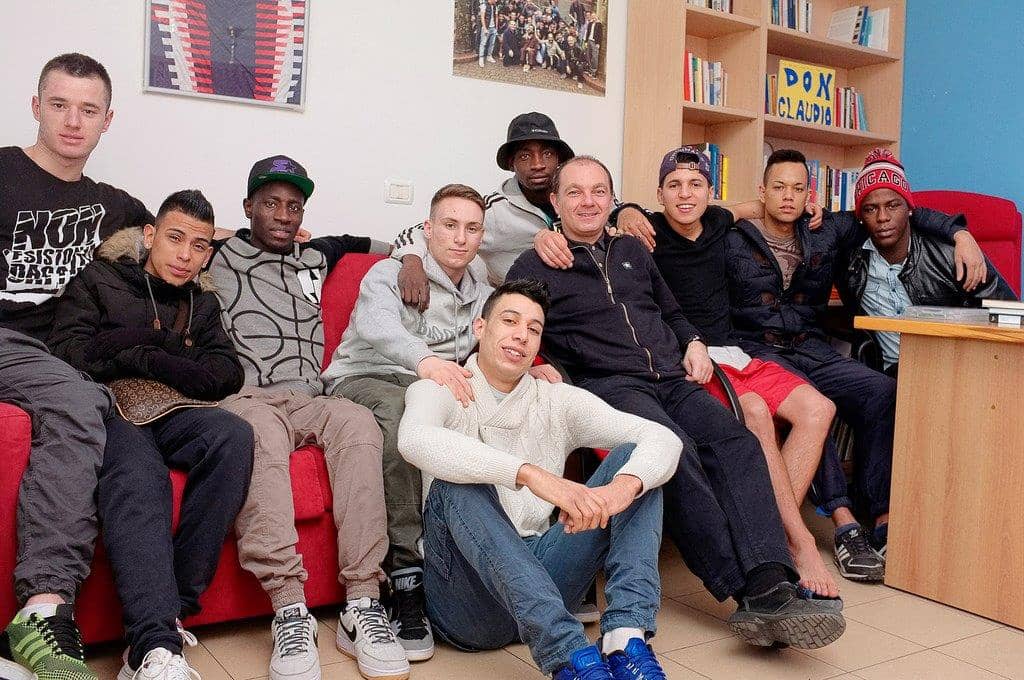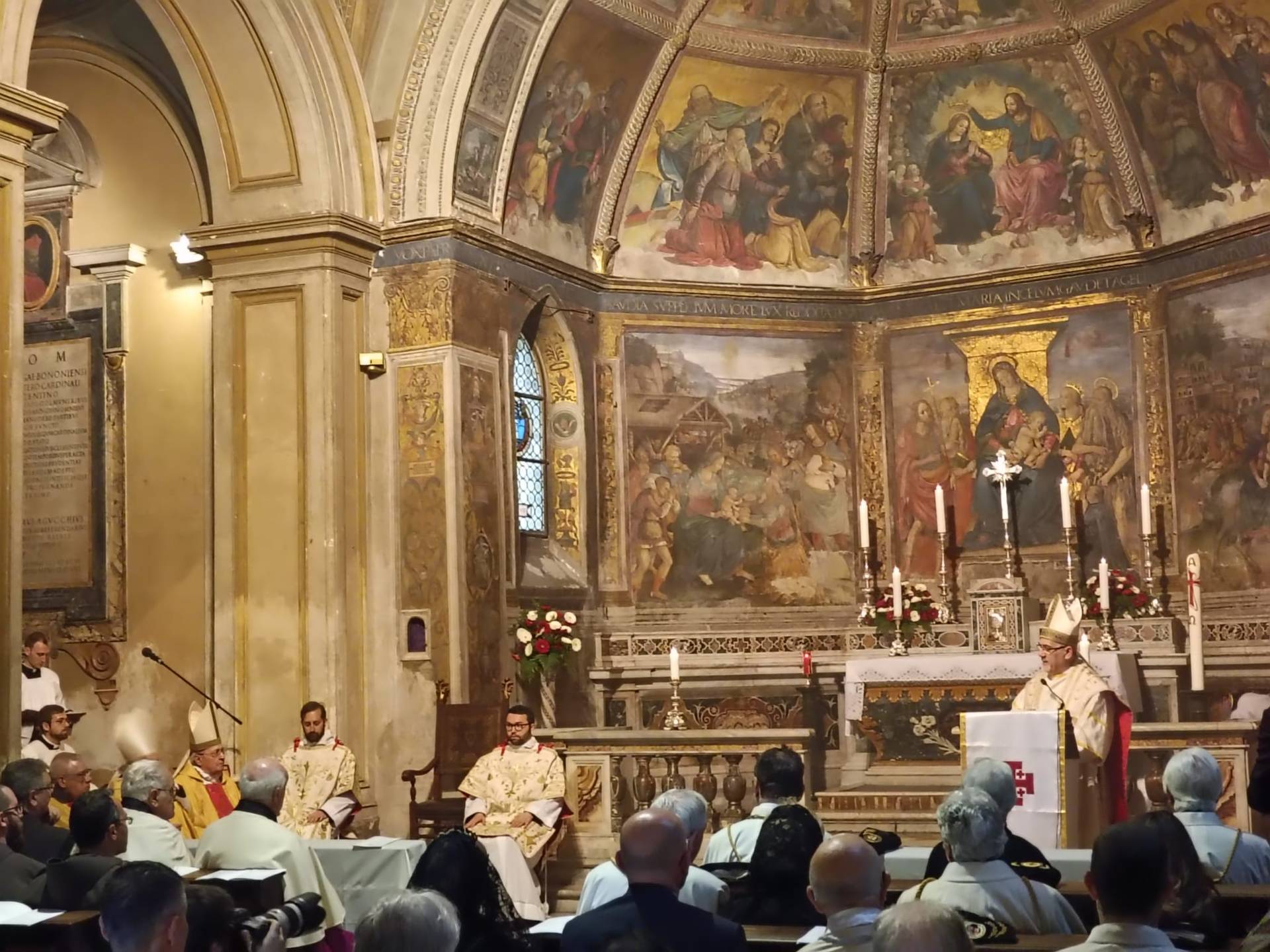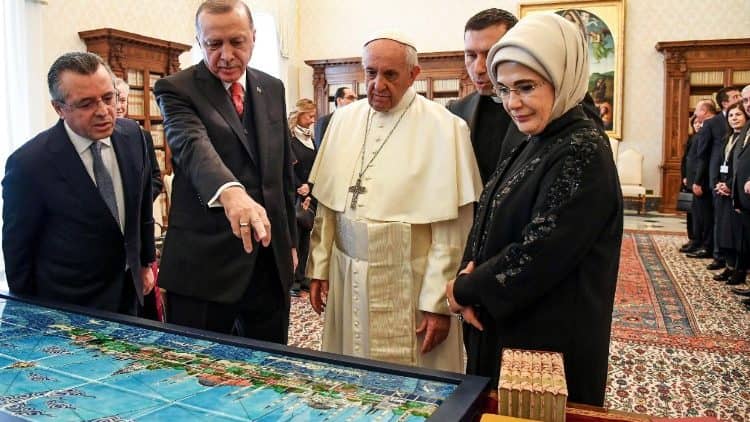YAOUNDÉ, Cameroon – Cardinal Fridolin Ambongo Besungu of Kinshasa has accused neighboring countries of colluding with multinationals to exploit the natural resources of the Democratic Republic of Congo (DRC).
Africa’s largest country by land mass is home to an estimated $24 trillion worth of untapped raw minerals. It has the largest deposits of minerals like lithium and cobalt which are critical to the fabrication of the batteries that will be critical for the global transition from fossil fuels.
Yet, the country has remained chronically poor, with the World Bank ranking it 179 out of 191 countries and territories worldwide on its 2021 Human Development Index. In 2018, over 70 percent of Congolese, about 60 million people, lived on less than $1.90 a day.
Africa’s leading Church leader expressed concerns that the country’s mineral wealth has also become its curse. Large portions of the country, particularly to the east, have been engulfed in violence, as various actors juggle to exploit the minerals.
In his February 24 homily, Ambongo castigated the DRC’s neighbors and multinational companies for engaging in what he described as the “shameless predation” of the country’s resources.
The cardinal was celebrating the Mass for peace to return in the eastern DRC.
“Aggressors and multinationals have joined forces to lay their hands on the Congo’s riches, to the detriment of and in contempt for the dignity of peaceful Congolese citizens, created in the image and likeness of God. How far would this contempt go? How far would the trivialization of human life, however sacred, go?” Ambongo said during Mass at the Our Lady of Congo Cathedral of Kinshasa.
More than 230 armed groups have been active in the east of the DRC, including the M23 Movement (M23) – a prominent armed group primarily composed of ethnic Tutsis claiming to be fighting to defend Congolese Tutsis from discrimination and extremist groups like the Democratic Forces for the Liberation of Rwanda (FDLR), an ethnic Hutu rebel militia. Rwanda has been accused of supporting the M23 rebels, who are engaged in fighting with the Armed Forces of the Democratic Republic of Congo (FARDC).
Ambongo said he believes that the fundamental interests of the several armed militias and their sponsors are meant to distract the people and steal the country’s mineral wealth.
Nory Joy Torres Jacobson, Communications Officer of Dominicans for Peace and Justice, told Crux that the conflict in the eastern DRC has been a complicated one “with economic interests by foreign states on its vast mineral resources stoking the flames of the war.”
Jacobson accused the foreign powers – without naming them – of exploiting “the grievances of marginalized ethnic groups to create militias and prolong further the conflict.”
And as the conflict persists, “millions of people have died, horrendous violations of human rights and atrocities have been committed,” he told Crux.
In his speech, Ambongo traced the conflict in the country’s East to the 1994 genocide in Rwanda in which over 800,000 Tutsis was killed.
Nearly two million Hutu refugees fled the genocide, most of them taking sanctuary in eastern DRC. Extremist Hutu people then started militias.
“Our populations, especially in the east of the country, have been living through a veritable tragedy and torment for almost three decades,” the cardinal said.
He recalled that when the conflicts started, the bishops “sounded the alarm” and expressed concern over “the transfer of the Rwandan conflict to our country.”
“Despite this warning, 30 years on, the situation is bitterly grim: Millions of people are still dead and displaced, thousands of women have been raped, families have been broken up, children have been orphaned, infrastructures have been destroyed, and so on,” Ambongo said.
“In reality, what appeared to be an accidental transfer of the Rwandan inter-ethnic conflict has ended up revealing its hidden agenda,” he continued.
The cardinal said that hidden agenda is the “expansionist ambitions” of DRC’s neighbors engaged in “systematic plundering” of the country’s resources.
“Over the years, various missions and organizations have reported the expansionist ambitions of certain neighboring countries in the East, and the systematic plundering of the Congolese sub-soil’s riches by multinationals, under the cover of internal grievance groups,” he complained.
Ambongo said he was at a loss understanding the deafening silence of the international community over what’s going on in the Congo, and accused the European Union of tacit involvement in the plunder.
“How can we understand that, at the very moment when it is finally denouncing the direct involvement of Rwanda and its army in supporting the M23 armed group, the European Union is signing a long-term mining cooperation agreement with Rwanda over resources plundered in DR Congo?” he asked.
Ambongo said the territorial integrity and national sovereignty of the DRC were being put to test, and urged the country to “unite in order to block the path of the enemy.”
He said bringing peace back to the DRC “also means putting an end to the violation of our country’s territorial integrity and the shameless predation of its natural resources.”
During his visit to the DRC last year, Pope Francis echoed similar sentiments, calling on the international community and multinational corporations to stop taking advantage of the region: “Hands off Africa! Stop choking Africa: Africa is not a mine to be stripped or a terrain to be plundered.”







